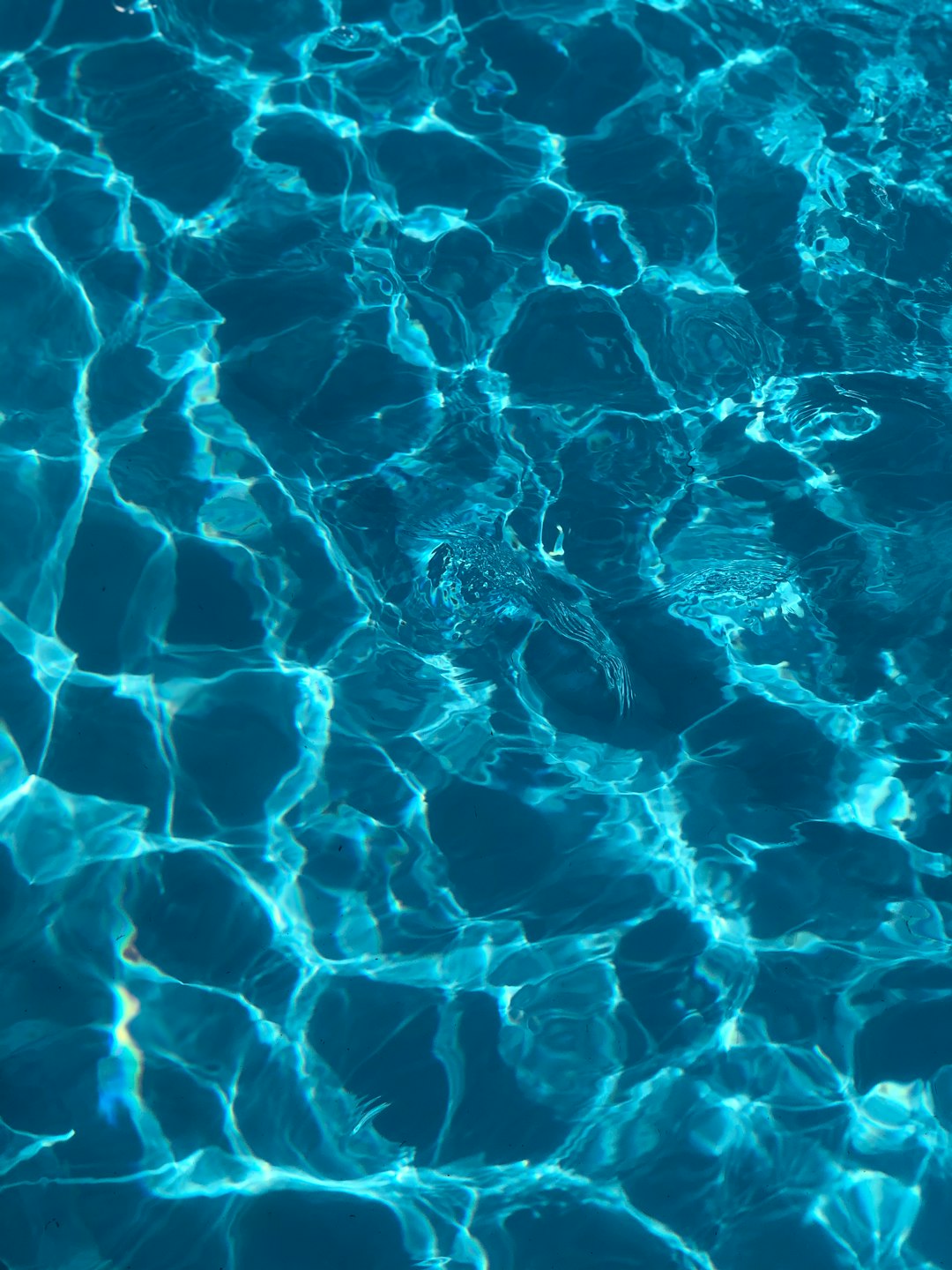 Photo from Unsplash
Photo from Unsplash
Originally Posted On: https://www.poolmosaics.com/pool-mosaics-in-glass-porcelain-and-ceramics-whats-the-difference/
Pool Mosaics In Glass, Porcelain, and Ceramics. What’s The Difference?
With the late-season freeze, it may not seem like spring is knocking on the door, but the daffodils are waving in the breeze, teasing gardeners who cannot wait to play in the dirt. Hot on the heels of these smiling flowers is what we all anticipate: summer. And you know what that means! It means the time for planning your pool upgrade is now, and what better way to do that than with pool mosaics from Blue Water Pool Mosaics?
You may be wondering which type of mosaic is right for you. The following can help you sort it out.
When you design your new swimming pool, deciding how to protect the pool’s shell, whether concrete or fiberglass, and the areas around it is necessary. This may include the “coping” (the protective lip at the pool’s edge), the deck around the pool, or walls and areas near the pool.
You don’t want to leave surfaces unprotected for beauty, maintenance, and health reasons. In most cases, tile is the best surfacing material because you can create beautiful designs with striking colors with tiles. Your question will be, “What kind of tile should I use?”
A first thing to know: household tiles like those you’d use in a bathroom or kitchen won’t work in or around a pool – they aren’t water-resistant enough and can blister and crack in outdoor environments.
Swimming pool tiles are always in or near the water, almost always in the sunshine, and continually exposed to chemicals, including chlorine and cleaners. Outdoor pools must also endure summer heat and winter cold.
Three types of tiles are generally recommended: ceramic, porcelain, and glass. All three have advantages and disadvantages.
Let’s look at them individually.
Ceramic Tile
Ceramic tile is created by mixing a base of clay with minerals and water. They are “fired” or baked to about 2200 degrees Fahrenheit. Ceramic tiles in swimming pools should be coated with glazes or a sealant, though tiles in walking and decorative areas might be left unglazed.
Think about this:
- Ceramic tile surfaces are cooler than porcelain tiles, so they are popular in warmer climates. Ceramic tiles are easy to clean and heat-resistant, making them a great choice along the water line and the pool deck.
- Ceramic materials cost less than porcelain, making them more affordable.
- Ceramic tiles have a more natural feel and look than porcelain. They are simple to clean and maintain and often are slip-proof – again, a good choice for decking around your pool, especially when you have little feet that cannot resist running across wet surfaces!
Here’s some information about the primary difference between ceramic and porcelain tiles:
- Absorption has to do with the materials used in construction. Porcelain and ceramic tiles absorb water at different rates. Porcelain tiles and non-porous surfaces absorb less water than ceramic and other non-porcelain tiles. This means backsplashes, pools, and other perpetually wet surfaces benefit from porcelain.
Although ceramic tiles sometimes have some water resistance, especially after they have been glazed, they do not meet the standard and are labeled ceramics rather than porcelain tiles. Their ability to absorb liquids makes them easier to stain. In addition, a freeze/thaw cycle can produce cracking in ceramics.
Porcelain Tile
Porcelain tile is constructed of refined clay and minerals mixed with water and kiln-fired at high temperatures, usually about 2400 degrees F. They are denser than ceramic tile because their finer materials make them more durable and less vulnerable to wear.
Some things to note:
- Porcelain tiles are more durable, making it harder for workers to cut and install them. This also means they will cost substantially more for both materials and labor at installation, but they are more durable—a professional needs special cutting tools to work with porcelain.
- Because they’re so tough, they will last longer than ceramic tiles. They are more water-resistant because of their density and can even be frost-proof because they don’t absorb water, freeze and crack.
- Glazes used on porcelain make them easy to clean, which is critical for use in swimming pools.
- 6″ x 6″ porcelain tile is popular for use at pool waterlines to prevent staining from chemicals and the inevitable “stuff” like lotions that get into pools.
Glass Tiles
Glass tiles consist of silica sand and other chemicals (some of which create glass colors). The materials are heated in an oven, formed, and cooled.
Consider this:
- One great advantage is that the color of glass goes through the material rather than being contained only in a surface glaze. The tiles also come in a dazzling range of colors and textures.
- Glass tiles are the most expensive to buy and install, but require little maintenance and are the most durable. They resist stains and fading and clean easily. Because they are completely non-porous, they are most resistant to the ultraviolet rays of the sun and changing temperatures.
- They can be made of recycled glass and can themselves be recycled.
- However – glass tiles can be slick. They’re great for mosaic designs, but porcelain and ceramic tiles may be better for the decking area around your pool or its edge.
How to Decide on Pool Mosaics
- Of the three types of tile, ceramic tiles are most prone to chipping, and even on glazed porcelain tiles, the sub-surface material may be visible and vulnerable to water and other damage. Porcelain tiles are more durable than ceramic and have a tougher glaze, making them longer-lasting, but only glass tiles are completely colored.
- Installation of glass tiles is the most complex and requires more time and attention.
- Porcelain clay is finer than that used for ceramic tiles. Because of the finer clay and the higher firing temperature, they are denser, more expensive, and more durable. However, the surface is slicker, and in some areas, you’ll want to use ceramic tile, even unglazed, for safety or a more natural look. Just protect it from staining and freezing.
- Purchase and installation costs are the lowest for ceramic tile and the highest for glass tile because of installation complexity and cost.
Whichever mosaic type you choose, Blue Water Pool Mosaics has hundreds of options crafted by the most talented artisans in the industry.
Preparing for pool season is always in season! Why plan early? Because you won’t want to waste one precious moment when summer comes calling. Our technicians are standing by to help you decide, so call us today.






